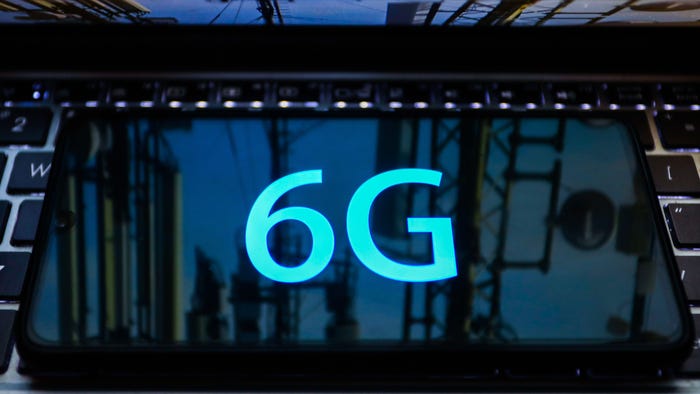Australian critical infrastructure faces 'acute' foreign threatsAustralian critical infrastructure faces 'acute' foreign threats
The continent faces "relentless" military espionage, and increased cyber sabotage at the hands of authoritarian regimes, according to a high-ranking intelligence director.
February 20, 2025

Australian intelligence is projecting that foreign nations will increasingly attempt to sabotage its country's critical infrastructure.
On Feb. 19, Mike Burgess, director-general of security in charge of the Australian Security Intelligence Organisation (ASIO), delivered an annual threat assessment encompassing the many national security threats facing Australia. Among the most important, he noted, are the ways in which foreign threat actors are weaponizing artificial intelligence (AI)-enabled disinformation and deepfakes, military espionage, and attacks against critical infrastructure that could cause damage to the military, government, and social cohesion.
"ASIO's report reflects an increasingly combative international relations environment, increasing competition between great powers, and Australia's position in all of this — one which is both strategically critical and geographically fragile," Bugcrowd founder Casey Ellis says. "Critical infrastructure is the primary target [of nation-states] in the cyber domain. Eleven percent of cybersecurity incidents in the past year in Australia have focused on critical infrastructure, with mounting evidence of adversaries positioning themselves for opportunistic strikes in a way that mirrors tactics observed targeting the US."
Threats to Australia's Military and Civilians
Burgess has now made six threat assessments since taking office in 2019, but none quite like his latest. "I think it's fair to say it's the most significant, serious, and sober address so far," he said on Wednesday.
Of the cyber threats to the country, Burgess highlighted a few primary areas of concern.
First, the power that AI gives to malicious governments and criminal threat actors. "Artificial intelligence will enable disinformation and deepfakes that can promote false narratives, undermine factual information, and erode trust in institutions," he explained. "Espionage and foreign interference will be enabled by advances in technology, particularly artificial intelligence and deeper online pools of personal data vulnerable to collection, exploitation, and analysis by foreign intelligence services."
To read the complete article, visit Dark Reading.


